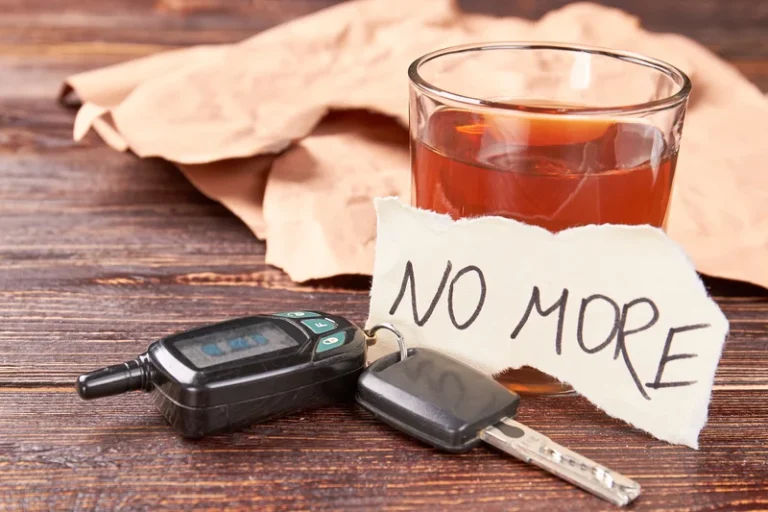
Empathy serves as a powerful antidote in breaking the cycle of shame and addiction. Sharing experiences with others in recovery can capably lift the burden of silence and judgment that allows shame to flourish. When individuals learn to empathize with their own experiences and those of others, they can identify and dismantle the unhealthy coping mechanisms that perpetuate addiction. The societal stigma surrounding addiction exacerbates these feelings. Many recovering individuals internalize negative perceptions, leading to further shame about perceived inadequacies.
- Understanding these patterns allows one to take proactive steps to replace them with healthier choices.
- It requires the individual to face the areas that they’ve failed in and take responsibility for how their addiction has affected themselves and others.
- When you’re struggling with substance abuse and addiction, you will do things you wouldn’t dream of doing sober, just to survive the day.
- It’s the feeling of responsibility for harm caused by one’s actions.
- After beginning the journey to recovery, it can be very common to start feeling guilty and ashamed of the things you did while in active addiction.
How Samba Recovery Addresses the Stigma of Addiction

For instance, those who experienced sexual abuse in childhood may grapple with profound shame about their experiences, complicating their recovery. This toxic cycle perpetuates feelings of blame, helplessness, and isolation. For those on the journey of addiction recovery, relapse prevention is one of the primary concerns.
- Another cause of guilt and shame in recovery is societal stigma surrounding addiction and mental illness.
- Of course, it may not be possible to get justice after a scam.
- Hadiah not only writes insightful articles on various mental health topics but also creates engaging and practical mental health worksheets.
Building Support Networks for Recovery

Wildfires are an impossible-to-comprehend catastrophe, and whether you were heavily affected or relatively unscathed, a sense of survivor’s guilt is to be expected. All of us, after all, are feeling loss given our communities and our city will be irrevocably changed. A friend even warned me against writing this story, wondering if it was “problematic” to admit I was struggling when I was not displaced. Chris Tickner and and Andrea-Marie Stark are romantic and professional partners, operating Pasadena’s California Integrative Therapy. They’re also Altadena residents whose home survived despite, Tickner says, drug addiction everything surrounding it being devastated.

Understand Your Triggers:
Individuals suffering from shame may internalize their past, believing they are inherently flawed, which can prevent them from seeking the help they need. Overcoming the debilitating effects of shame requires a comprehensive approach, often best addressed within the supportive context of trauma therapy. By understanding the intricate ways in which trauma and shame interconnect, individuals can begin to dismantle feelings of self-blame guilt and shame in recovery and unworthiness. Therapy provides a path towards healing, marked by self-compassion, supportive relationships, and effective therapeutic techniques. Through this journey, many find not only relief but a renewed sense of self-worth and the ability to embrace a hopeful future.

I make a conscious decision to bettermyself so I don’t commit this wrong again. The next time I think of https://ecosoberhouse.com/ stealingsomething, I remember how I processed the wrong and I choose not to steal anything.I have faced my wrong and taken action to correct it in the future. I makeevery attempt in life to stick to my value that stealing is wrong. Warren is a Licensed Master Social Worker, who specializes in substance abuse and mental health treatment. Clinically, Warren has developed a therapeutic skillset that utilizes a strengths-based perspective, Twelve Step philosophies, Cognitive Behavioral Therapy and Motivational Interviewing. It is worth noting that while CBT can be effective for many individuals struggling with addiction-related shame or guilt, it is not a one-size-fits-all approach.
